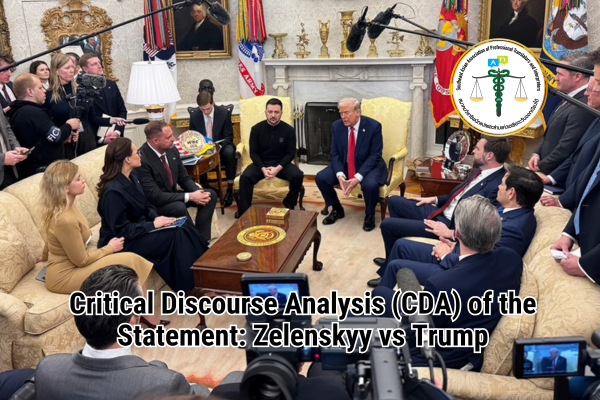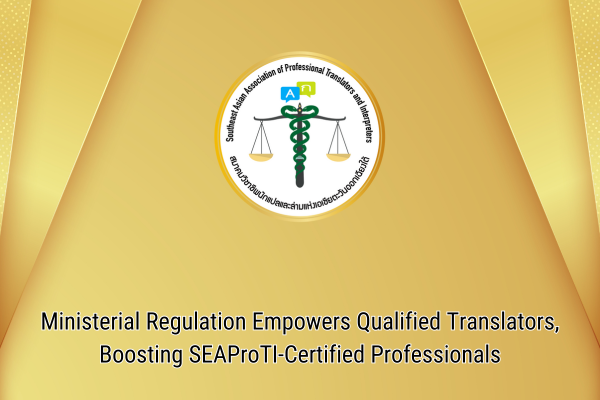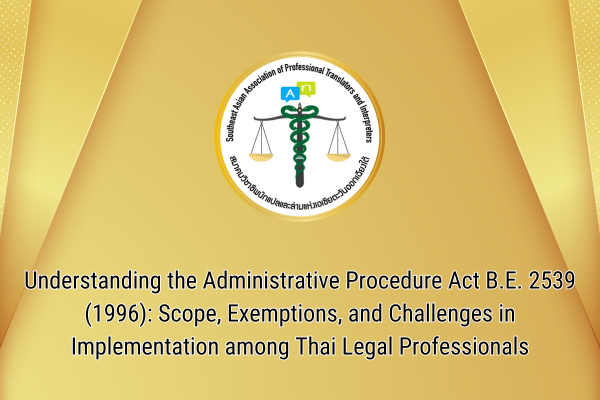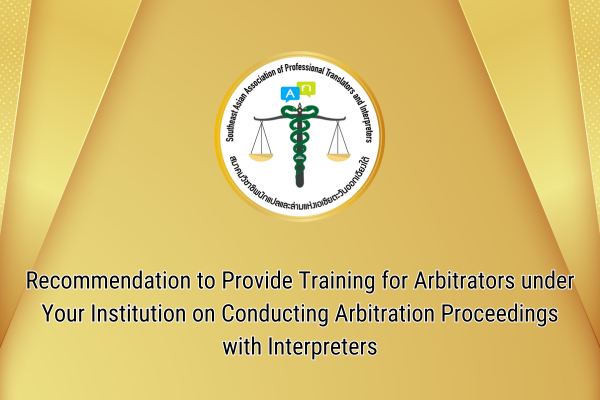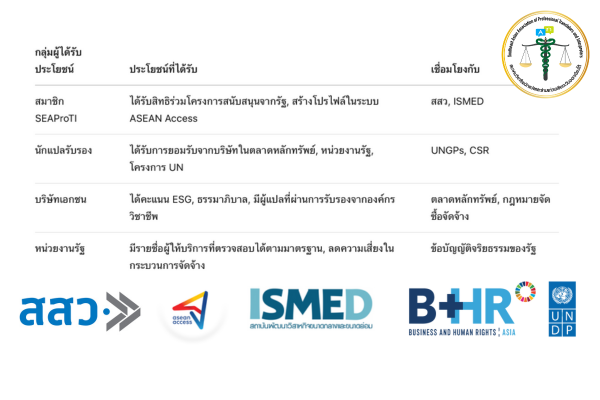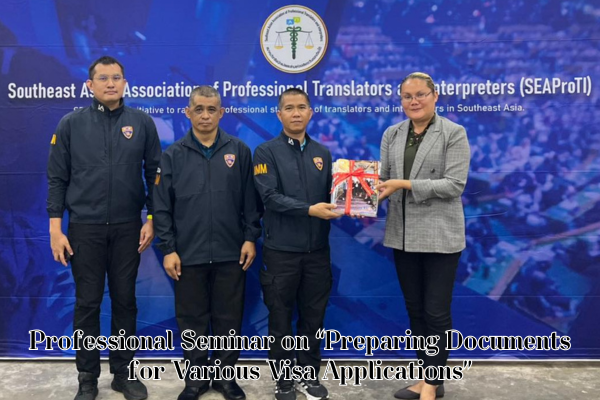Critical Discourse Analysis (CDA) of the Statement: Zelenskyy vs Trump
1 March 2025
“I will wear a costume after the war will finish. Maybe something like yours. Maybe something better. Maybe something cheaper.”
CDA employs Systemic-Functional Grammar (SFG), Transitivity Analysis, Modality Analysis, and Personal Pronoun Analysis to examine the linguistic features of political discourse and reveal how speakers use language to achieve specific effects, such as building rapport or asserting authority.
1. Systemic-Functional Grammar (SFG) Analysis
SFG examines language through three key dimensions: Ideational (Content), Interpersonal (Interaction), and Textual (Structure and Coherence).
📌 Ideational Function (Content and Meaning)
- “I will wear a costume after the war will finish.”
- The statement refers to a future event (“will wear”) and a condition (the war ending).
- The word “costume” instead of “uniform” or “clothing” suggests a metaphorical meaning, implying that what the speaker currently wears is more than just clothes—it symbolizes a role that must be played during wartime.
- The choice of “costume” may carry a sarcastic undertone, implying “I wear this because of the war, but when the war is over, I might dress differently.”
📌 Interpersonal Function (Social Interaction and Tone)
- “Maybe something like yours. Maybe something better. Maybe something cheaper.”
- The repeated use of “Maybe” creates an air of uncertainty and ambiguity, allowing multiple interpretations.
- The comparison to “yours” suggests an implicit contrast between the speaker’s attire and that of another person.
- This structure can be interpreted as sarcasm or irony, depending on the context.
📌 Textual Function (Structure and Coherence)
- The sentence is fragmented and consists of short phrases, which may be a rhetorical strategy to emphasize sarcasm, informality, or humor.
- The repeated use of “Maybe” at the beginning of each sentence reinforces the sarcastic undertone by exaggerating the hypothetical nature of the comparison.
2. Transitivity Analysis (Examining Action and Meaning)
CDA uses Transitivity to analyze how speakers present actions, agents, and goals, helping to uncover underlying ideologies.
| Process Type | Example from Statement | Interpretation |
|---|---|---|
| Material Process (Action-Based Process) | “I will wear a costume” | The speaker (Actor) takes action (wearing) in response to a future event (the end of the war). |
| Existential Process (Expressing Possibility) | “Maybe something better. Maybe something cheaper.” | The sentence introduces hypothetical alternatives, implying the possibility of change. |
| Relational Process (Comparison and Identity) | “Maybe something like yours.” | Establishes a direct comparison between the speaker and another individual. |
🔹 The choice of “costume” and comparative phrases suggests that the speaker may not be talking literally about changing clothes, but rather about shifting roles or perceptions.
3. Modality Analysis (Degree of Certainty and Attitude)
Modality examines how certainty, obligation, or possibility is expressed in speech.
- “I will wear” → The use of the future tense indicates confidence in a future event (changing attire).
- “Maybe something like yours.” → The use of “Maybe” introduces uncertainty, making the statement ambiguous.
- “Maybe something better. Maybe something cheaper.” → The repetition of “Maybe” exaggerates the uncertainty and irony, making it sound sarcastic rather than genuine.
🔹 The use of vague and conditional language suggests that the speaker is deliberately avoiding making a concrete commitment, possibly to add an element of humor or mockery.
4. Personal Pronoun Analysis (Positioning and Perspective)
Personal pronouns play a crucial role in political discourse by establishing power relations, inclusivity, or contrast.
- “I” (First-Person Singular Pronoun) → The speaker emphasizes their own decision and perspective, rather than speaking on behalf of a group.
- The absence of “we” suggests this is a personal statement rather than an official or national stance.
- “Yours” (Second-Person Possessive Pronoun) → The phrase directly compares the speaker’s future attire to that of another person.
- Who is “you” in this context?
- It could refer to a journalist or another political leader (e.g., President Biden or Western leaders).
- Who is “you” in this context?
🔹 The contrast between “I” and “yours” suggests an attempt to highlight differences in image or perception, possibly in a sarcastic manner.
Conclusion from CDA Analysis
-
The speaker strategically uses language to create an effect.
- The word “costume” suggests irony or sarcasm (referring to his clothing as part of a role).
- The repeated use of “Maybe” introduces ambiguity and leaves room for interpretation.
- The comparison to “yours” highlights an underlying critique of another individual’s clothing or public image.
-
Modality is used to introduce ambiguity and sarcasm.
- The phrase does not make a strong commitment, using uncertain language to allow for multiple interpretations.
-
The use of personal pronouns creates a clear contrast.
- “I” indicates personal agency, while “yours” creates a direct but ambiguous comparison.
🔥 Answer to the Question: “His English is ok? or just sarcastic?”
👉 This is not a language mistake but an intentional use of sarcasm.
- The sentence structure may sound unnatural, but this could be deliberate rather than an actual error.
- The wording includes irony, comparisons, and exaggerated uncertainty to create a sarcastic tone.
- The rhetorical choice of “costume” and the structure of the statement indicate that Zelenskyy is making a sharp, possibly humorous remark rather than simply struggling with English.
🔹 Conclusion: This is a case of strategic language use for political or rhetorical effect, rather than poor English.
SEAProTI’s certified translators, translation certification providers, and certified interpreters:
The Southeast Asian Association of Professional Translators and Interpreters (SEAProTI) has officially announced the criteria and qualifications for individuals to register as “Certified Translators,” “Translation Certification Providers,” and “Certified Interpreters” under the association’s regulations. These guidelines are detailed in Sections 9 and 10 of the Royal Thai Government Gazette, issued by the Secretariat of the Cabinet under the Office of the Prime Minister of the Kingdom of Thailand, dated July 25, 2024, Volume 141, Part 66 Ng, Page 100.
To read the full publication, visit: the Royal Thai Government Gazette
การวิเคราะห์วาทกรรมเชิงวิพากษ์ (Critical Discourse Analysis – CDA) ของคำพูด
1 มีนาคม 2568
“I will wear a costume after the war will finish. Maybe something like yours. Maybe something better. Maybe something cheaper.”
CDA ใช้แนวทาง Systemic-Functional Grammar (SFG), Transitivity Analysis, Modality Analysis และการศึกษาสรรพนามบุรุษ (Personal Pronouns Analysis) เพื่อตรวจสอบคุณลักษณะทางภาษาของวาทกรรมทางการเมือง และเปิดเผยว่า ผู้พูดใช้ภาษาเพื่อสร้างผลลัพธ์เฉพาะ เช่น การสร้างความสัมพันธ์หรือการแสดงอำนาจ ได้อย่างไร
1. การวิเคราะห์ไวยากรณ์เชิงระบบ-หน้าที่ (Systemic-Functional Grammar – SFG)
SFG มองภาษาผ่าน 3 มิติหลัก: เนื้อหา (Ideational), ความสัมพันธ์ (Interpersonal), และการจัดลำดับข้อความ (Textual)
📌 ฟังก์ชันเนื้อหา (Ideational Function)
- “I will wear a costume after the war will finish.”
- แสดงเหตุการณ์ในอนาคต (“will wear”) และเงื่อนไข (สงครามสิ้นสุด)
- คำว่า “costume” แทนที่จะเป็น “uniform” หรือ “clothing” บ่งชี้ว่าสิ่งที่ผู้พูดสวมใส่ปัจจุบันเป็นมากกว่าเสื้อผ้า อาจสื่อว่าเป็น “บทบาท” ที่ต้องเล่นขณะสงครามดำเนินอยู่
- การเลือกใช้คำ “costume” อาจมีนัยเชิงประชดประชัน หมายถึง “ฉันแต่งชุดนี้เพราะสงคราม แต่ถ้าสงครามจบ ฉันอาจจะแต่งตัวแบบอื่น”
📌 ฟังก์ชันเชิงปฏิสัมพันธ์ (Interpersonal Function)
- “Maybe something like yours. Maybe something better. Maybe something cheaper.”
- การใช้ “Maybe” ซ้ำๆ ทำให้คำพูดดู ไม่แน่ชัด และ คลุมเครือ
- เป็นการเปิดโอกาสให้ตีความได้หลายแบบ อาจเป็นการประชดประชันหรือการแสดงอารมณ์ขัน
- การเปรียบเทียบกับ “yours” (ของคุณ) แสดงให้เห็นถึง การวางตำแหน่งตัวเองเทียบกับผู้อื่น
📌 ฟังก์ชันเชิงข้อความ (Textual Function)
- คำพูดถูกแบ่งออกเป็นวลีสั้นๆ (fragmented discourse) ซึ่งอาจเป็นกลยุทธ์เพื่อเน้นย้ำ หรือเพื่อให้ดูไม่เป็นทางการ
- การใช้ “Maybe” นำหน้าประโยคช่วยเน้นน้ำเสียงของการเปรียบเทียบและประชดประชัน
2. การวิเคราะห์กระบวนการกริยา (Transitivity Analysis)
CDA ใช้ Transitivity เพื่อวิเคราะห์ว่าผู้พูดนำเสนอกระบวนการอย่างไร ซึ่งช่วยเปิดเผยแนวคิดและอุดมการณ์ที่แฝงอยู่
| กระบวนการ (Process Type) | ตัวอย่างจากคำพูด | การตีความ |
|---|---|---|
| กระบวนการกระทำ (Material Process) | “I will wear a costume” | การกระทำของผู้พูด (การแต่งตัว) เน้นไปที่การเปลี่ยนแปลงหลังสงคราม |
| กระบวนการอัตถิภาวะ (Existential Process) | “Maybe something better. Maybe something cheaper.” | บ่งชี้ว่ามีตัวเลือกอื่นหลังสงคราม แต่อาจใช้เป็นการประชด |
| กระบวนการสัมพันธภาพ (Relational Process) | “Maybe something like yours.” | ใช้สร้างการเปรียบเทียบระหว่างผู้พูดกับอีกฝ่าย |
🔹 การใช้ “costume” และโครงสร้างเปรียบเทียบ บอกเป็นนัยว่าผู้พูดอาจไม่ได้จริงจังกับการเปลี่ยนเสื้อผ้า แต่ต้องการสื่อถึง “บทบาท” ที่เปลี่ยนไปมากกว่า
3. การวิเคราะห์ระดับของความเป็นไปได้ (Modality Analysis)
Modality วิเคราะห์ระดับของ ความแน่นอน / ความเป็นไปได้ / ความบังคับ ที่แฝงอยู่ในคำพูด
- “I will wear” → การใช้ Future Tense แสดงความมั่นใจในเหตุการณ์ในอนาคต (การเปลี่ยนเสื้อผ้า)
- “Maybe something like yours.” → การใช้ “Maybe” ทำให้ข้อความมีความไม่แน่นอน อาจหมายถึงการเปรียบเทียบแบบเสียดสี
- “Maybe something better. Maybe something cheaper.” → ลำดับของ “better” และ “cheaper” เป็น การเสนอทางเลือกที่เป็นไปได้ในลักษณะประชดประชัน
🔹 การใช้ Modality ในระดับไม่แน่ชัดสะท้อนให้เห็นว่าผู้พูดกำลังหลีกเลี่ยงคำมั่นสัญญาที่แน่นอน และอาจเป็นการตอบแบบเสียดสี
4. การศึกษาสรรพนามบุรุษ (Personal Pronouns Analysis)
สรรพนามมีบทบาทสำคัญในวาทกรรมทางการเมือง เพราะสามารถสร้างความเป็นพวกเดียวกันหรือเน้นความแตกต่าง
- “I” (ฉัน) → ผู้พูดเน้นที่ตัวเองและการกระทำของตนเอง
- การใช้ “I” แทน “we” หมายความว่า Zelenskyy พูดในมุมมองของตัวเอง ไม่ใช่ในฐานะตัวแทนของประเทศ
- “yours” (ของคุณ) → แสดงการเปรียบเทียบกับอีกฝ่าย
- ใครคือ “you” ในที่นี้?
- อาจหมายถึงนักข่าว หรืออาจเป็นผู้นำประเทศอื่น (เช่น ประธานาธิบดี Biden)
- ใครคือ “you” ในที่นี้?
🔹 การใช้ “I” และ “yours” แสดงให้เห็นถึงการวางตำแหน่งของ Zelenskyy เทียบกับอีกฝ่าย และอาจใช้เป็นการประชดเปรียบเทียบภาพลักษณ์ของเขากับผู้นำคนอื่นๆ
ข้อสรุปจากการวิเคราะห์ CDA
-
การใช้โครงสร้างภาษาอย่างเจาะจงเพื่อสร้างผลกระทบ
- คำว่า “costume” อาจมีความหมายประชดประชัน (เสื้อผ้าหรือบทบาทที่ต้องเปลี่ยน)
- การใช้ “Maybe” ทำให้ข้อความมีลักษณะคลุมเครือและเสียดสี
- การเปรียบเทียบกับ “yours” แสดงให้เห็นว่าผู้พูดอาจกำลังตอบโต้คำวิจารณ์เกี่ยวกับการแต่งตัวของเขา
-
การใช้ Modality เพื่อแสดงความไม่แน่นอนและประชดประชัน
- คำพูดไม่ได้ให้คำมั่นใดๆ ที่แน่ชัด แต่ใช้ Modal Verbs เพื่อเปิดช่องให้ตีความ
-
การใช้สรรพนามเพื่อสร้างขั้วเปรียบเทียบ
- “I” → สะท้อนว่าผู้พูดมุ่งเน้นตัวเอง ไม่ใช่ในฐานะตัวแทนของทั้งประเทศ
- “yours” → สร้างการเปรียบเทียบที่อาจมีนัยเชิงประชด
🔥 คำตอบสำหรับคำถาม “His English is ok? or just sarcastic?”
👉 ไม่ใช่ปัญหาทางภาษา แต่เป็นการประชดประชันโดยเจตนา
- ไวยากรณ์ผิดเล็กน้อย แต่จงใจทำให้ดูไม่เป็นทางการ
- ใช้ภาษาเชิงเปรียบเทียบและเสียดสีเพื่อสื่อสารจุดยืน
- การพูดในลักษณะนี้ช่วยสร้างภาพลักษณ์ของ Zelenskyy ว่า เป็นนักสื่อสารที่เฉียบแหลมและใช้วาทศิลป์เพื่อสะท้อนจุดยืนทางการเมืองของเขา
🔹 สรุป: คำพูดของ Zelenskyy เป็น “การใช้ภาษาอย่างตั้งใจ” เพื่อสื่อประชดประชัน ไม่ใช่ความผิดพลาดทางภาษา
เกี่ยวกับนักแปลรับรอง ผู้รับรองการแปล และล่ามรับรองของสมาคมวิชาชีพนักแปลและล่ามแห่งเอเชียตะวันออกเฉียงใต้
สมาคมวิชาชีพนักแปลและล่ามแห่งเอเชียตะวันออกเฉียงใต้ (SEAProTI) ได้ประกาศหลักเกณฑ์และคุณสมบัติผู้ที่ขึ้นทะเบียนเป็น “นักแปลรับรอง (Certified Translators) และผู้รับรองการแปล (Translation Certification Providers) และล่ามรับรอง (Certified Interpreters)” ของสมาคม หมวดที่ 9 และหมวดที่ 10 ในราชกิจจานุเบกษา ของสำนักเลขาธิการคณะรัฐมนตรี ในสำนักนายกรัฐมนตรี แห่งราชอาณาจักรไทย ลงวันที่ 25 ก.ค. 2567 เล่มที่ 141 ตอนที่ 66 ง หน้า 100 อ่านฉบับเต็มได้ที่: นักแปลรับรอง ผู้รับรองการแปล และล่ามรับรอง


